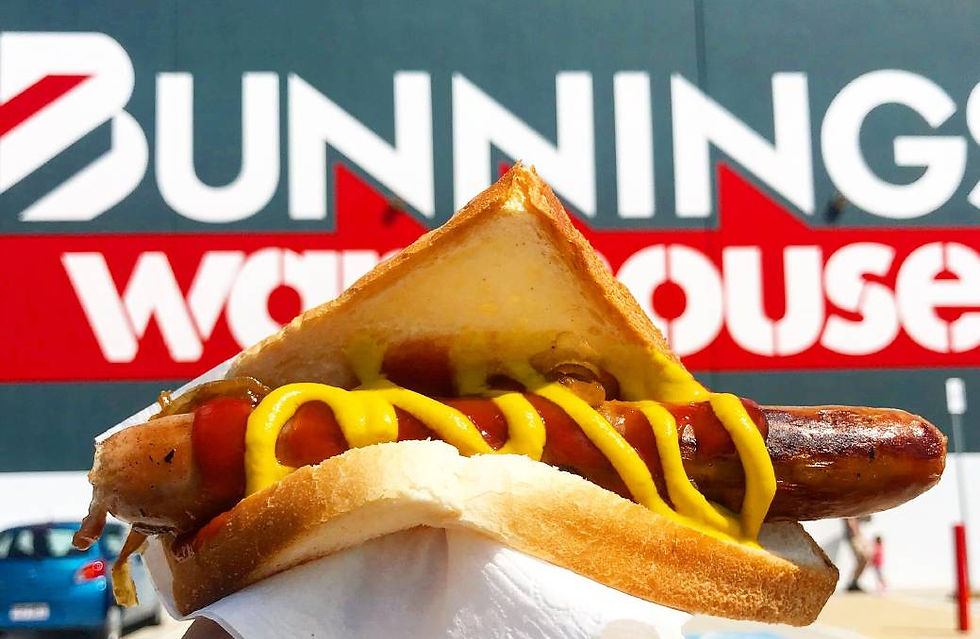Newsletter #41 | May 2025
- Kaarin Wilkinson

- May 25, 2025
- 4 min read
Those who plant a garden, plant happiness.

Thank you to everyone who attended the Sustainable Gardening in Small Spaces on Saturday 24th May. There was lots of learning and hand on activities were enjoyed by all. We have more workshops coming soon.

What to plant Now
The most suitable plants for May planting are broadbeans, broccoli, cauliflower, coriander, dill fennels, garlic, kale. Pak choi, peas, spinach and swedes. Others that can be planted all year round are cabbage, leek, lettuce, radish, rocket, salad onions and spring onions.

Learn more about Bees
May 20th was World Bee Day so it’s a good time to learn and talk about bees. Bees are an essential part of the interconnectedness of life.
Bees have three important roles.
1. Bees pollinate most of the crops we eat and many that feed farm animals. Bees are key to food security.
2. Some species of plant are only pollinated by particular species of bee. In Australia our native bees have co-evolved with the unique native flora. If a bee species dies out so will the plants. Bees are a key to biodiversity.
3. Maintaining plant diversity supports other essential ecosystems. These include purifying air and water regulating climate and building soil and recycling nutrients. Bees are essential to maintaining our ecosystem.
More than 20,000 species of bee exist globally and around 1,700 species of native bees call Australia home. 200 of these species live in South Australia.
Native bees don’t live in hives and don’t make honey, but they do have an important role. Some native bees are extra clever and do Buzz pollination where they shake the pollen out of a flower by buzzing. Honeybees cannot do this. Buzz pollination is essential for some native plants to produce their fruit and seeds, but it has been found that food crops such as tomatoes and blueberries have bigger, better tasting fruit after buzz pollination. Plant native species and avoid using pesticides to support native bees.
For more information visit the Aussie Bee website: https://www.aussiebee.com.au/
Scientists have long studied how flowers use colour and scent to communicate with their pollinators. But it is now believed that could also be listening. Might flowers be responding to the sound of bees? You can read more about this interesting research at: earth.com.
From the committee
· Plants are now for sale. These will be available until sold out at garden group mornings and working bees.
· Working bee Saturday 17th May repaired issues with the black plastic lining in raised beds. If you continue to have issues with soil or water escaping, or your bed was overlooked please let us know and we will aim to rectify.
· Reminder- liquid fertiliser and garden tools are available in the members shed (the small shed). Please ensure you clean tools and then return to the shed. Soil and mulch are also available to bed holders. There is now a bin in the shed for putting in damaged and broken tools.
· A safety book is now in the shed for recording any safety issues you become aware off please date and add you name so we can follow up if needed.
· Our next working bee for 2025 will be Saturday June 21st. Focus areas will be the Native Gardens and planting some shade trees. We will be purchasing new plants from Trees for Life at the end of May.
Bunnings BBQs

Our next Bunnings barbeque is:
Monday 9th June
If you are able to assist for a 2 hour shift please let Jan know via WhatsApp, phone, email or Facebook.
Let's cook up a storm on the Kings Birthday long weekend. Fundraising from these barbeques is providing additional resources, soil, mulch, fertiliser for your raised beds as well as the orchard and other garden areas. While we have been fortunate to receive some grants, they are usually targeted to certain things (current ATCO grant is for workshops only) and often does not cover the full cost of items purchased.
Regular events
Orchard Group
Fortnightly Thursdays 9am-11am
If you would like to learn more about our orchard and get hints and tips on growing your own fruit, join the Thursday orchard group with Jennie on alternate Thursdays:
May 29th
June 13th
Gardening Social Group
Fortnightly Fridays 9.30am -11.30am
Every Friday fortnight gardeners and volunteers meet at the garden to do a few of the regular maintenance tasks, tend their own beds and share gardening stories together over morning tea. Coming dates are:
May 23rd
June 6th
June 20th
Driving and Parking cars at the Garden

Please do not drive vehicles on to the garden lease area unless you have express permission from one of the committee to deliver materials or equipment. Please also do not park in the Ambulance/CFS car parks and in Grange and Somerton Courts.
This project was seeded by

Our Committee
Our committee is Kaarin Wilkinson, Jan Brown, Jennie Simon and Roger Whiteman. If you have any questions or ideas please contact us via Facebook , on our website, on the Seaford Wetlands Gardeners WhatsApp chat or on the garden email seafordcg@gmail.com.




Comments